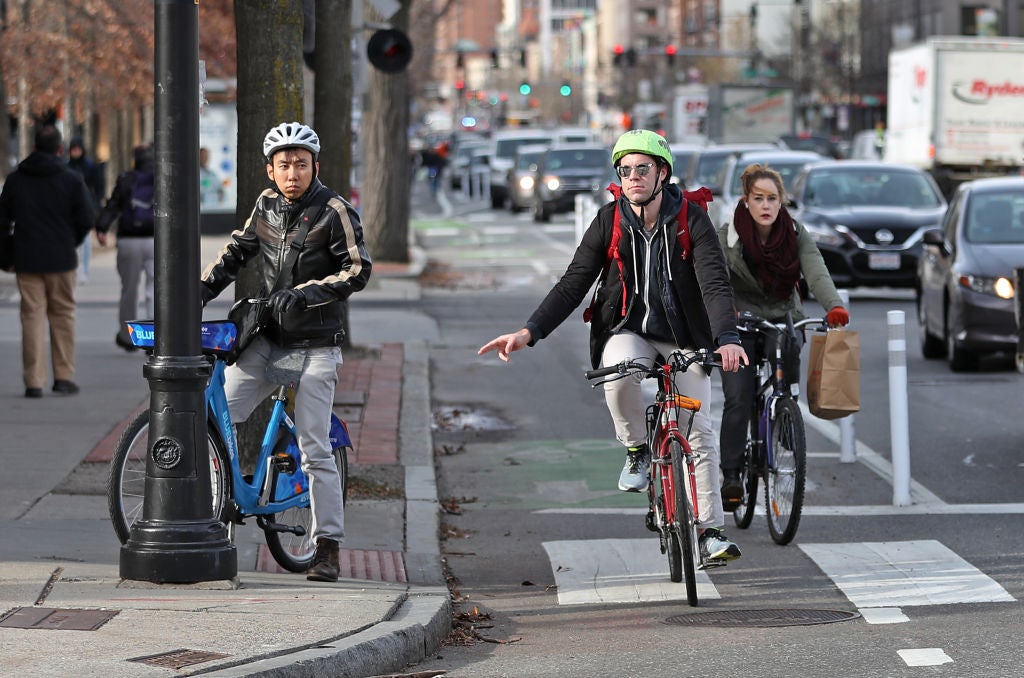JRA
Well-Known Member
What is Class 3+? I have never seen any actual federal or state regulations regarding it?
The SurRons (sic) in reality has nothing to do with eBikes other than they are lumped into our category as they have no pedals which makes them eMoto's by regulation or at best a MoPed, although once more they lack pedals. Even the Super 73 (sic) scooter type things that have pedals only really have them as a nod towards legitimacy as an eBike IMNSHO and at best fit into the Class II regs as long as they can't exceed 20 mph. These types of e transport are what are blurring the lines and thus the governments and general public's perception of eBikes and will ultimately retard their real value as a legal mode of transportaion and as a tool for recreation.
The SurRons (sic) in reality has nothing to do with eBikes other than they are lumped into our category as they have no pedals which makes them eMoto's by regulation or at best a MoPed, although once more they lack pedals. Even the Super 73 (sic) scooter type things that have pedals only really have them as a nod towards legitimacy as an eBike IMNSHO and at best fit into the Class II regs as long as they can't exceed 20 mph. These types of e transport are what are blurring the lines and thus the governments and general public's perception of eBikes and will ultimately retard their real value as a legal mode of transportaion and as a tool for recreation.



